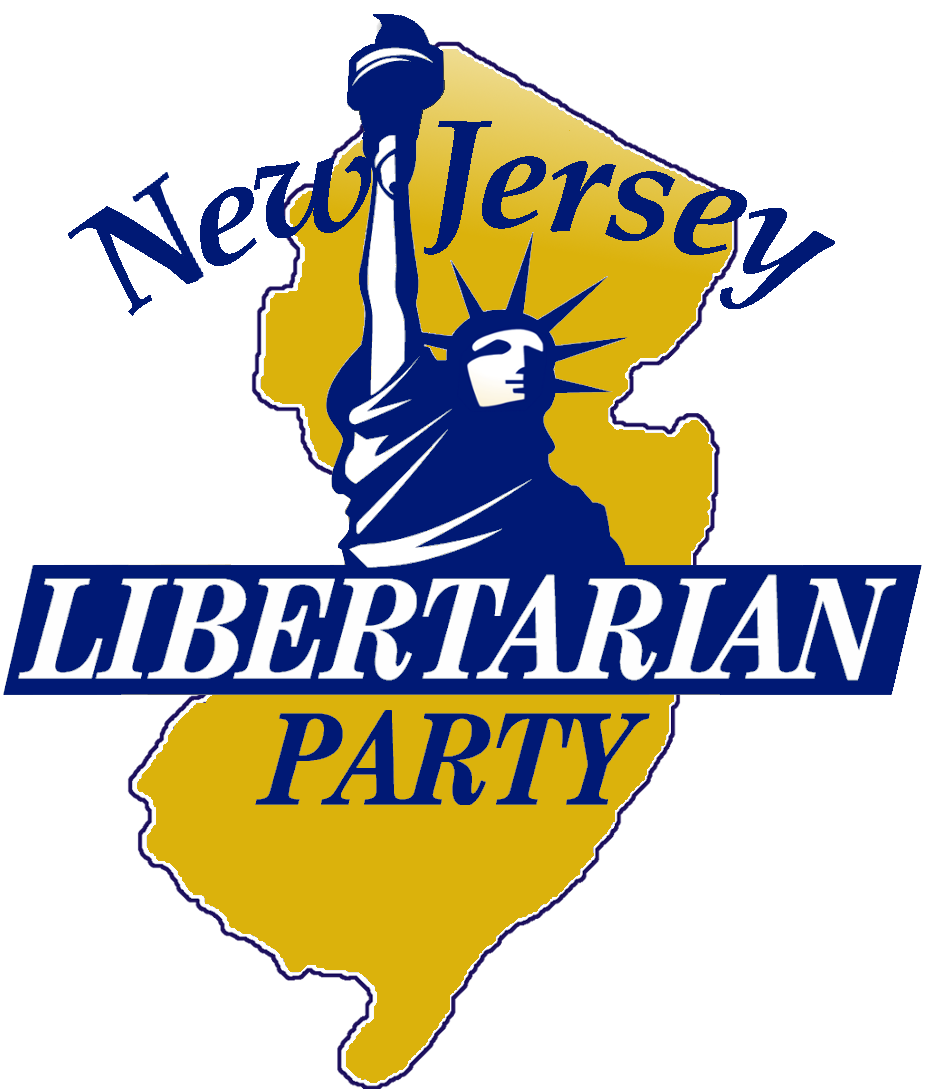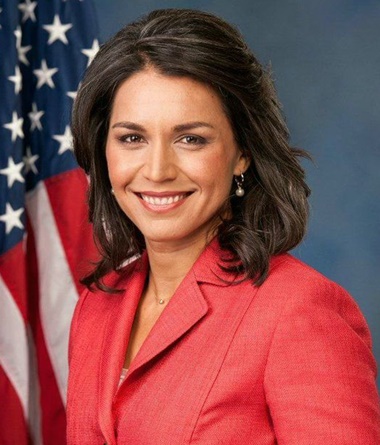Ed Clark, the 1980 Libertarian Party presidential candidate, died last June 18th.
Los Angeles libertarian José Castañeda shares his thoughts:
This
is my Ed Clark story. In 1980, I and my brothers were on a trip to
Disney World. We were staying at a nice fancy old fashioned hotel in
Texas. It was July or August (I think it was August).
I was
chilling out in the lobby watching television when an Ed Clark
Libertarian Party candidate for President advertisement aired on one of
the three major networks. I was impressed because only one other time in
1976 did I ever see an alternative candidate presidential candidate
advertisement on television.
I of course am discounting independent John Anderson as he was a Republican.
Over
the coming months I saw many Ed Clark for president advertisements. Ed
Clark as a candidate seemed okay and I agreed with some of his views:
Support for the ERA (I was and am a big supporter of the ERA), being
against the draft, being against an interventionist foreign policy (I
was against the Vietnam War), in support of tax cuts (I supported
Proposition 13), and was for the free market.
My favorite
advertisement was the politics of hope ad, and the one where the "voice"
asks Ed Clark if he is going to be elected president. He responds it is
not about that. He added, if you like what I am saying (and then lists
some of his views) you should consider that (and vote for me).
I
liked that he was on the ballot in 50 states. Which alternative party
presidential candidate does that? Up to that time, none in my lifetime.
I
was also impressed that there was another alternative party candidate
(Barry Commoner of the Citizens Party) for president that was getting
some notice. I thought, this is how bad things are in America that we
have two alternative presidential candidates getting notice by the
media, voters, etc.
I subscribed to the magazine Libertarian
Review. I knew after reading the first issue I received I was a
Libertarian. I changed my registration to Libertarian and I joined the
Party in 1982.
A few years later, I was talking to a therapist
who asked me what meetings (supper clubs) I was attending, and I
mentioned Libertarian ones, and she knew from the Ed Clark
advertisements (she mentioned Ed Clark) what I was taking about.
I
used to attend libertarian supper clubs being held in Los Angeles and
Orange Counties. This is when there were three non-Party supper clubs in
Los Angeles County and one in Orange County. Speakers were libertarian
VIPs such as Ed Clark, David Bergland, and Dagny Sharon.
Those were the days.
This is my Ed Clark story. RIP.
Sincerely,
José Castañeda, CAP
Secretary - Treasurer,
Representative Executive Committee South East Region 65
Libertarian Party of Los Angeles County
====================














